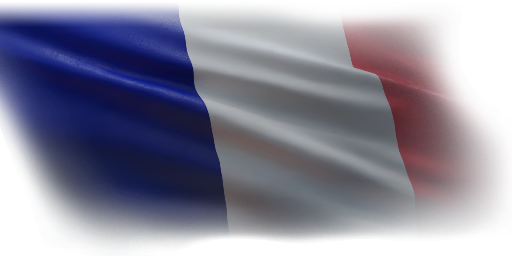The AMX-13/75 FL-10 (Char Lance SS.11) is the third subvariant of the AMX-13/75 FL-10, which is the first variant of the AMX-13 light tank family. It is identical to the standard AMX-13/75 FL-10, except for the four SS.11 anti-tank guided missiles (ATGMs) mounted on a launcher above the main armament. Nord Aviation's SS.11 is a French manual command to line-of-sight wire-guided ATGM. It was one of the first ATGMs, entering service with the French Army in 1956 and serving until the 1980s. It also served as the foundation for the larger and more powerful SS.12/AS.12 series. The missile was manually guided by comparing the location of the target to flares on the back of the missile and adjusting its flight with a small joystick.
Introduced in Update 1.75 "La Résistance", the AMX-13/75 FL-10 (Char Lance SS.11) has the same playstyle as the standard AMX-13/75 FL-10. This light tank is extremely fast and agile, but it sacrifices its armour to do so. As a result of this, the AMX-13/75 FL-10 (Char Lance SS.11) is best used as a hit-and-run flanking vehicle or a sniper, especially with the SS.11 ATGMs onboard. Position the tank quickly at the start of the battle in regions where enemy tanks would not expect to see a light tank and wait in ambush for hostile tanks to pass through. This light tank with an autoloader is capable of effortlessly annihilating multiple opponents. When the enemy is far away or heavily armoured, use the SS.11 missiles. Avoid going to the front lines where the major battle is going on. Stay as close to the corner as possible, only driving out to attack an enemy who is not paying attention.











 2 x (120 / 160 / 210) %
2 x (120 / 160 / 210) % 
 2 x 190 %
2 x 190 % 
